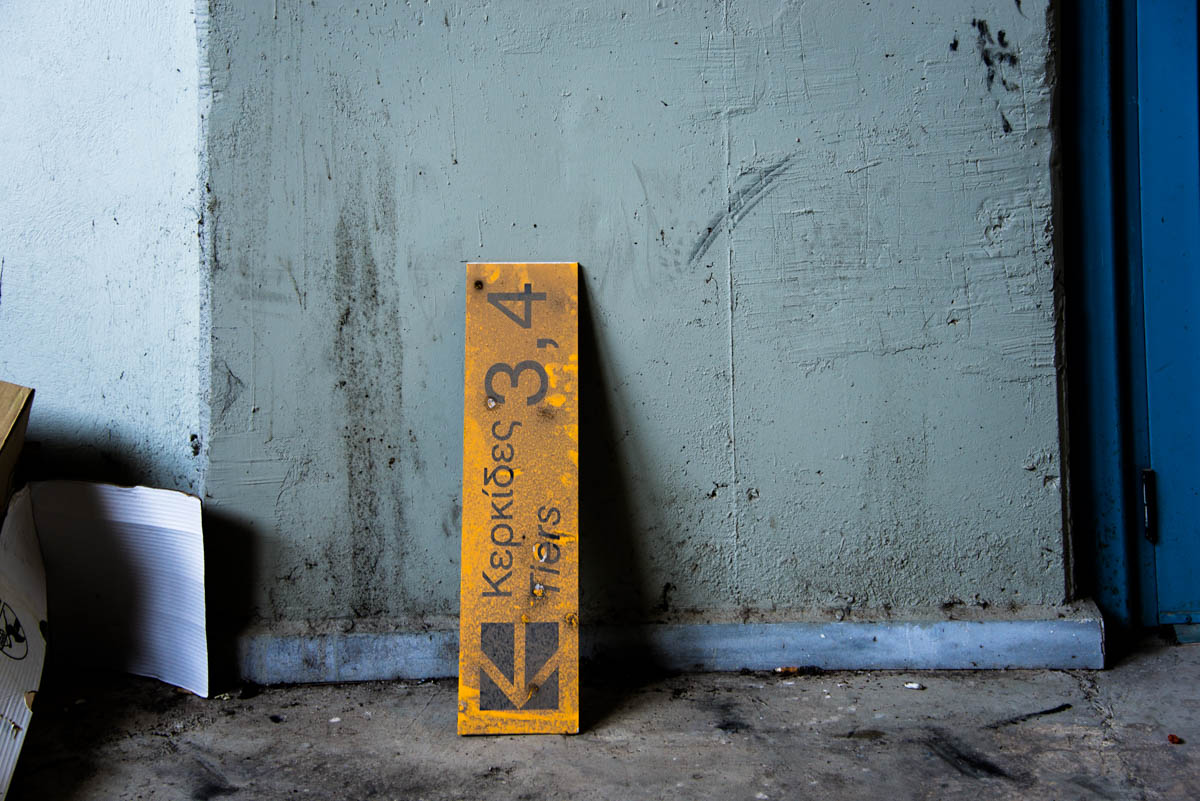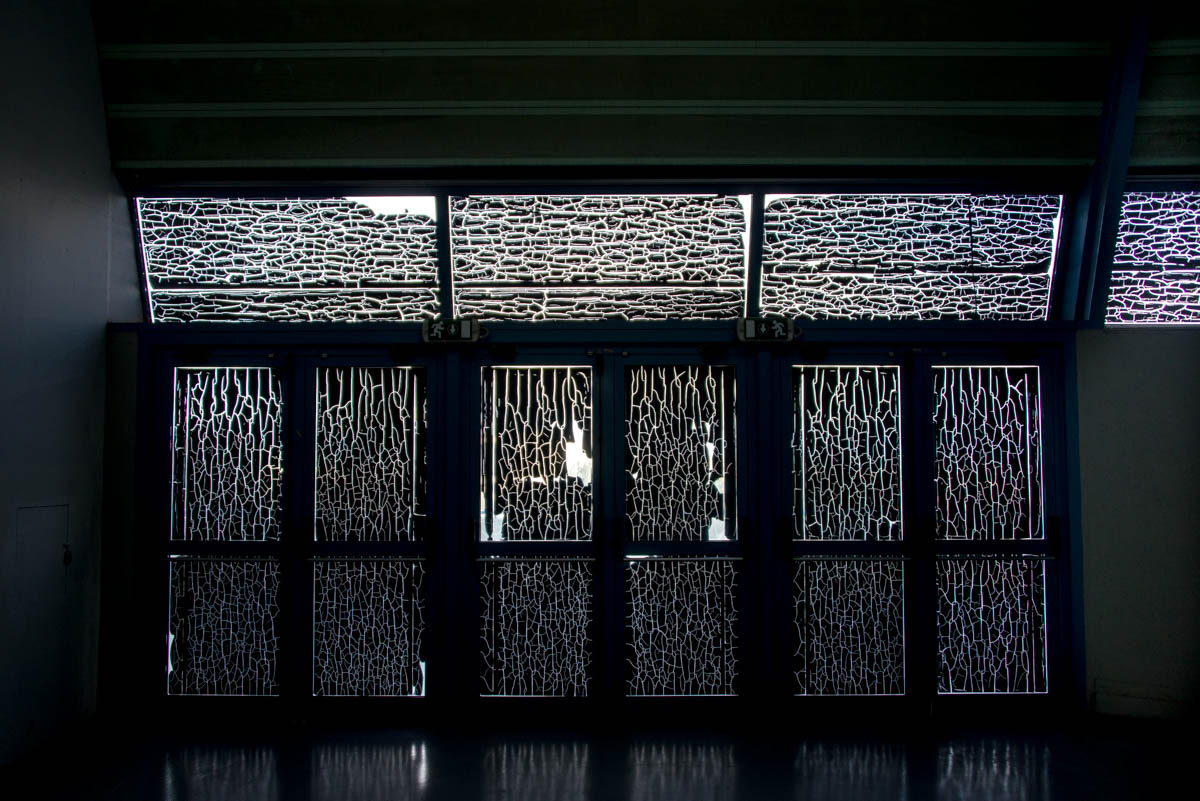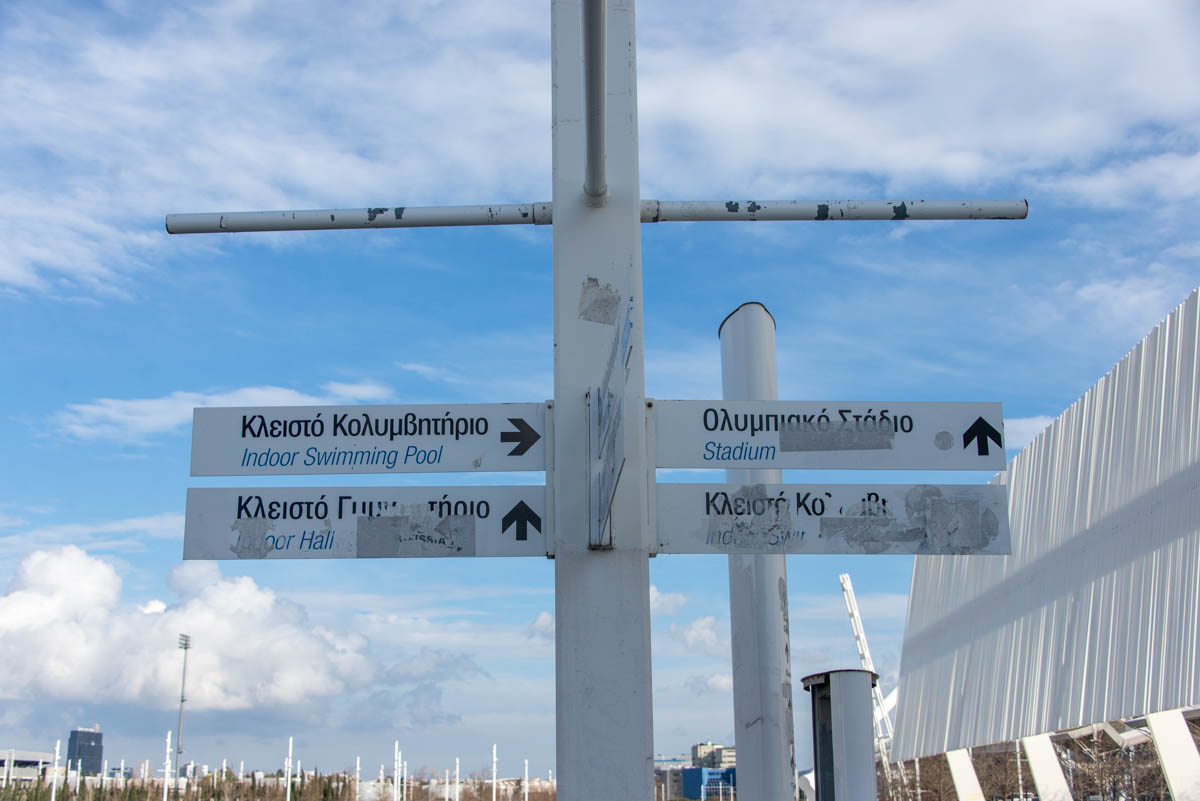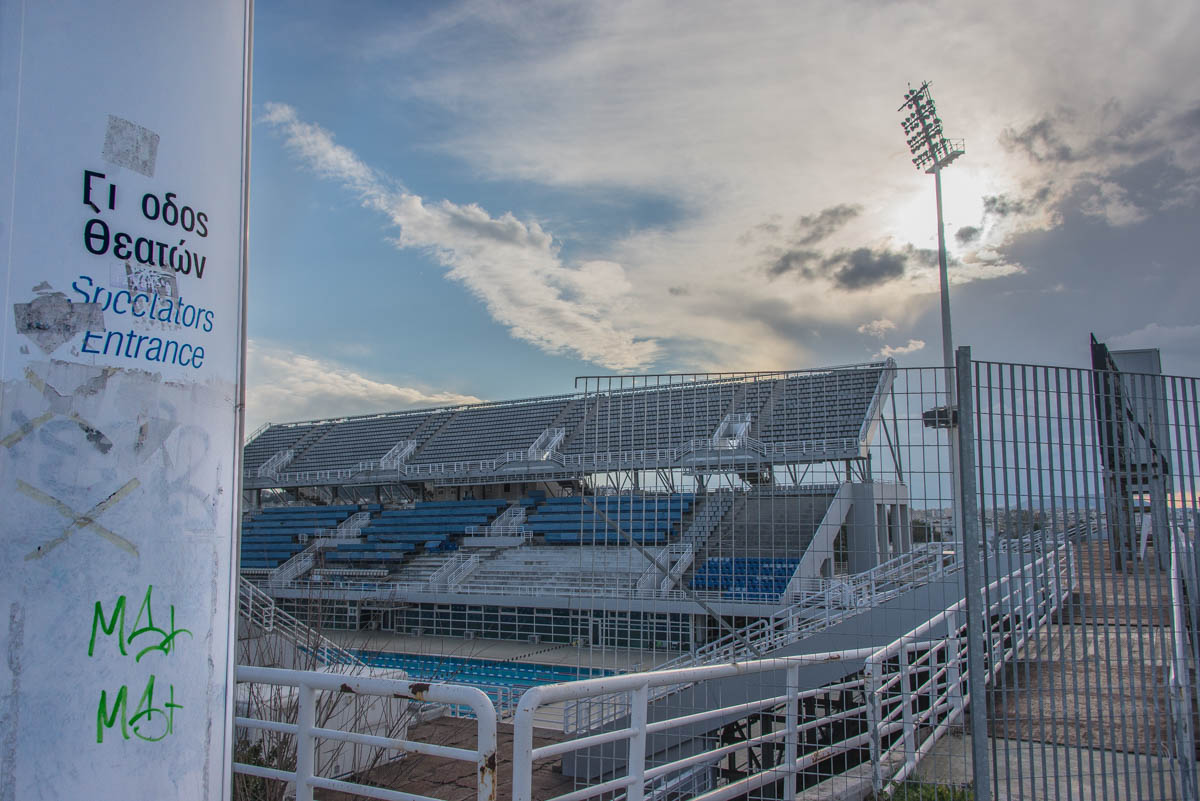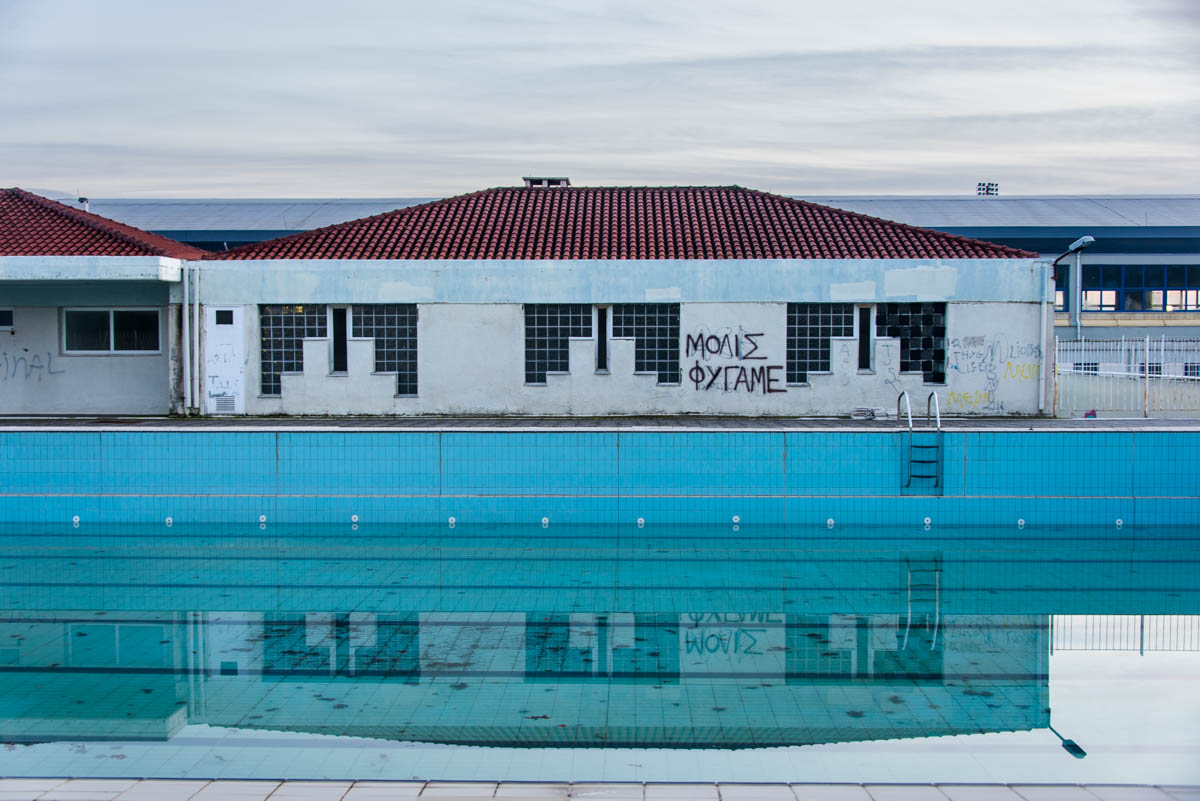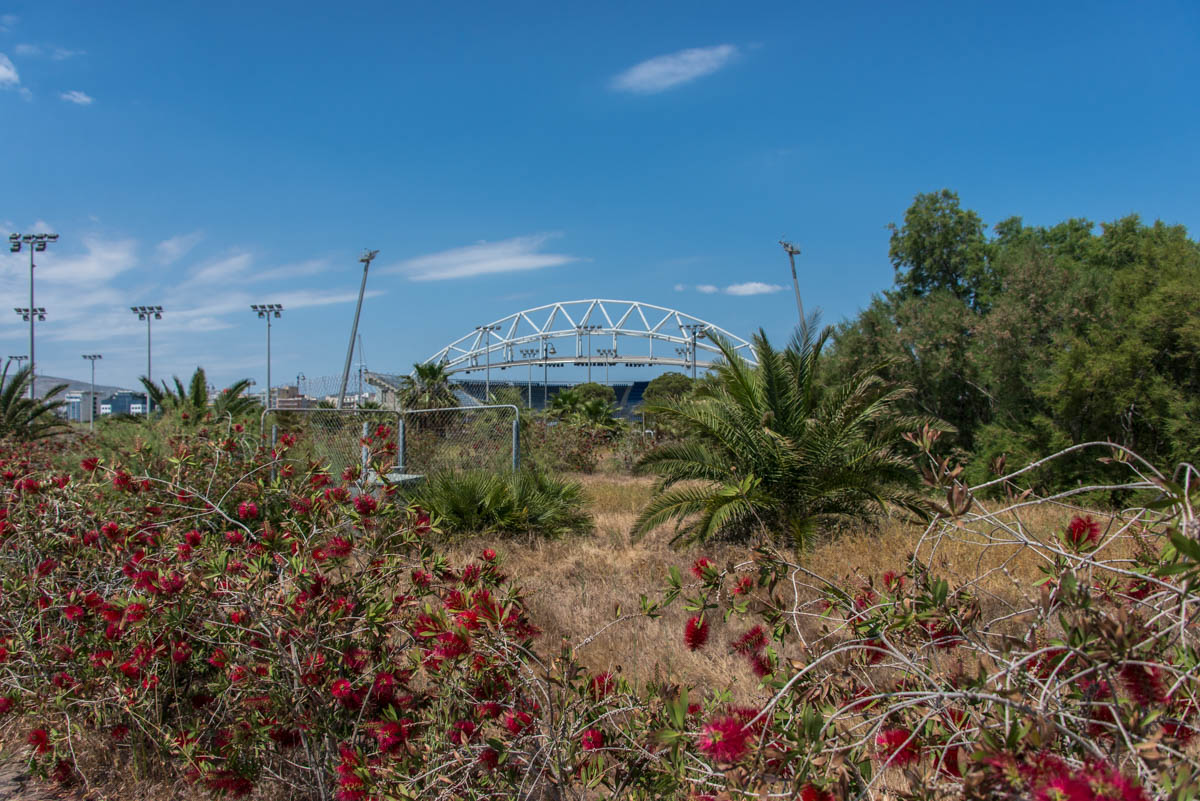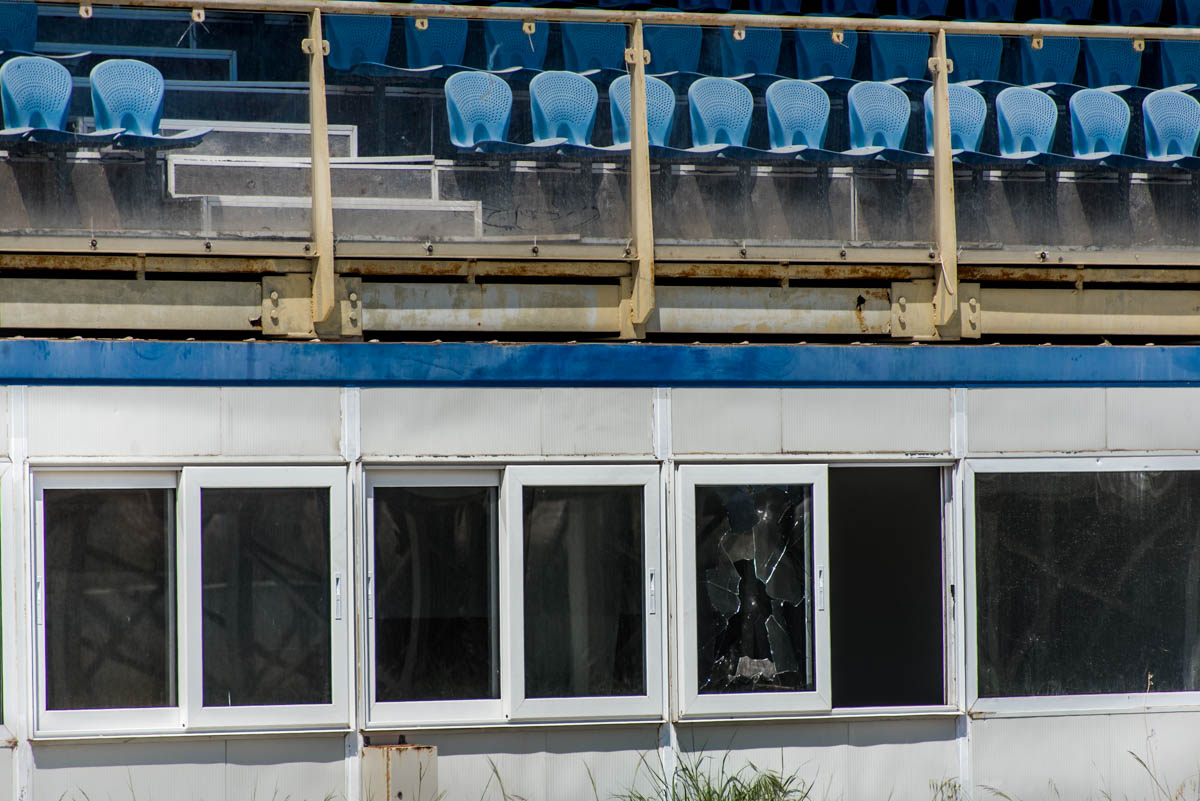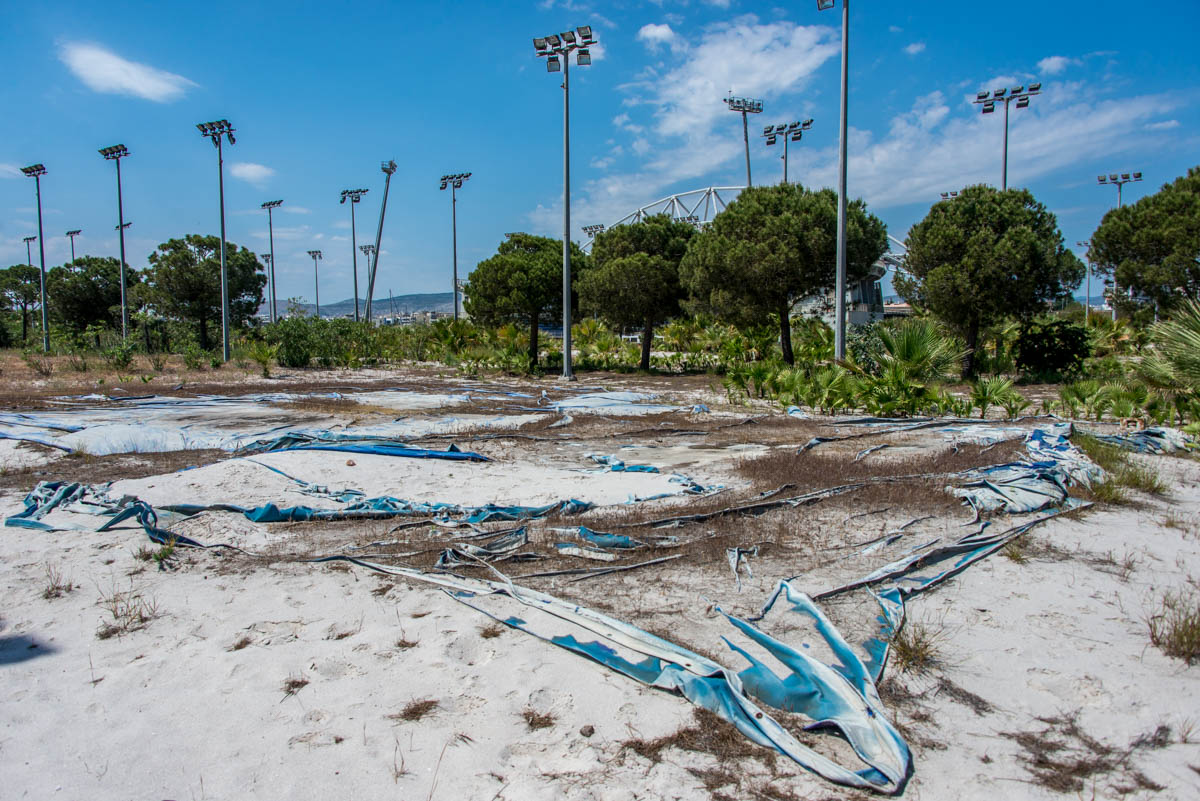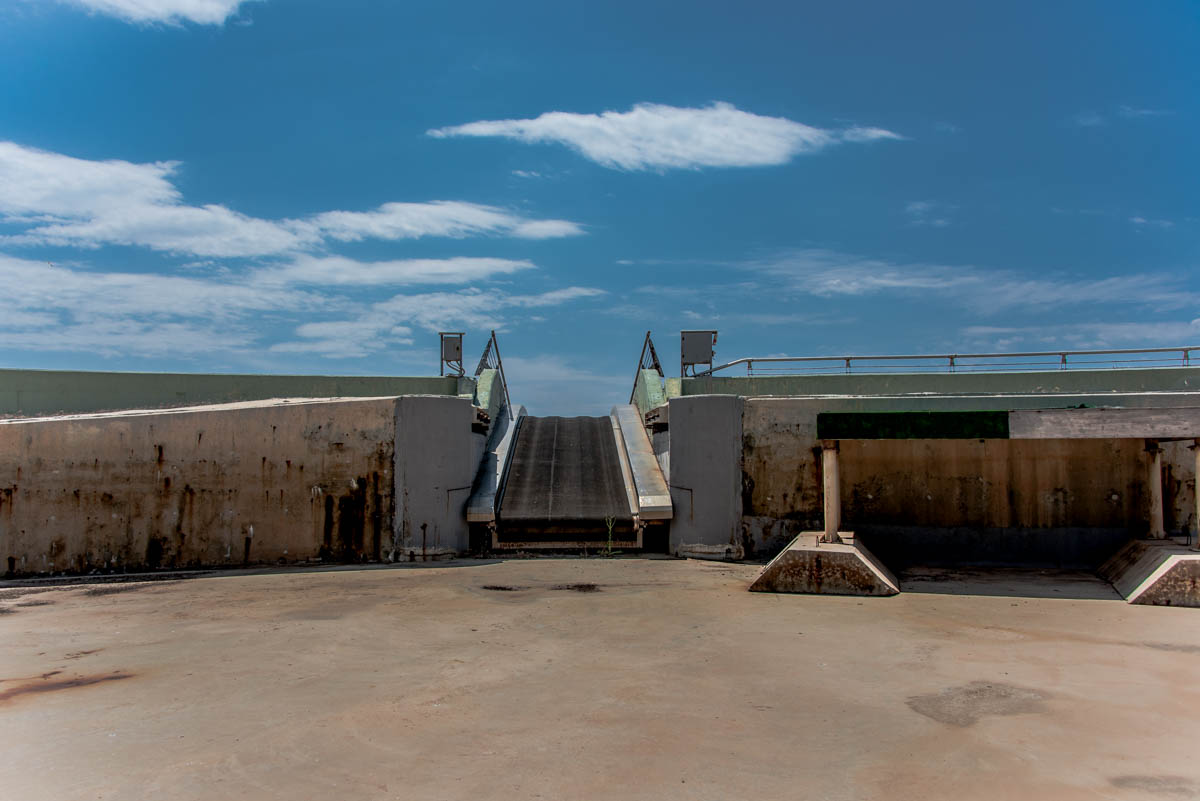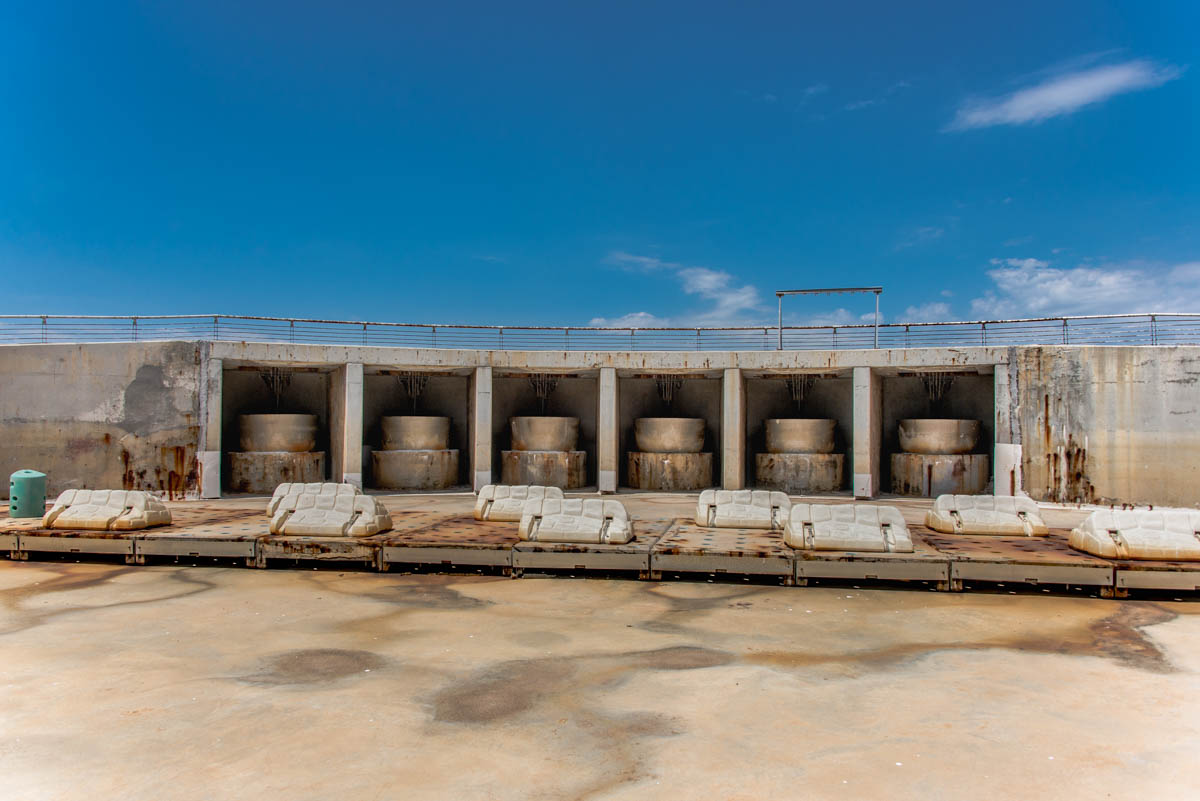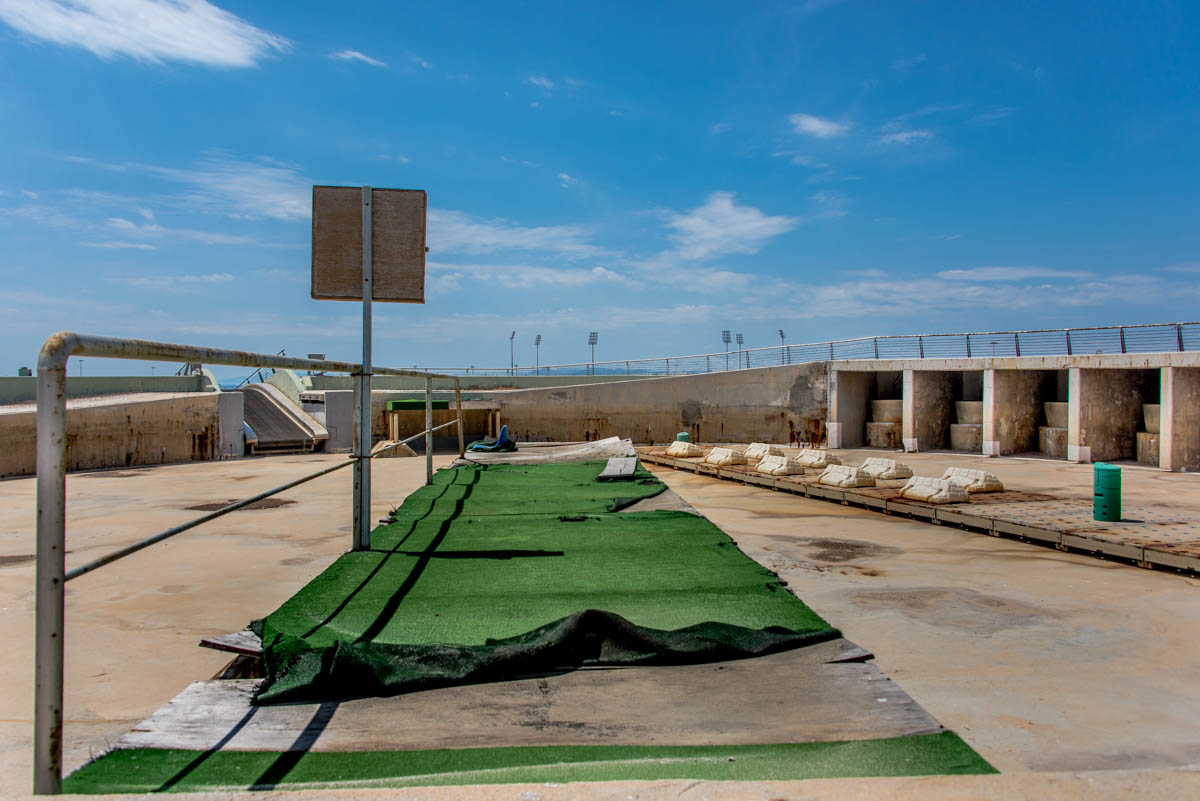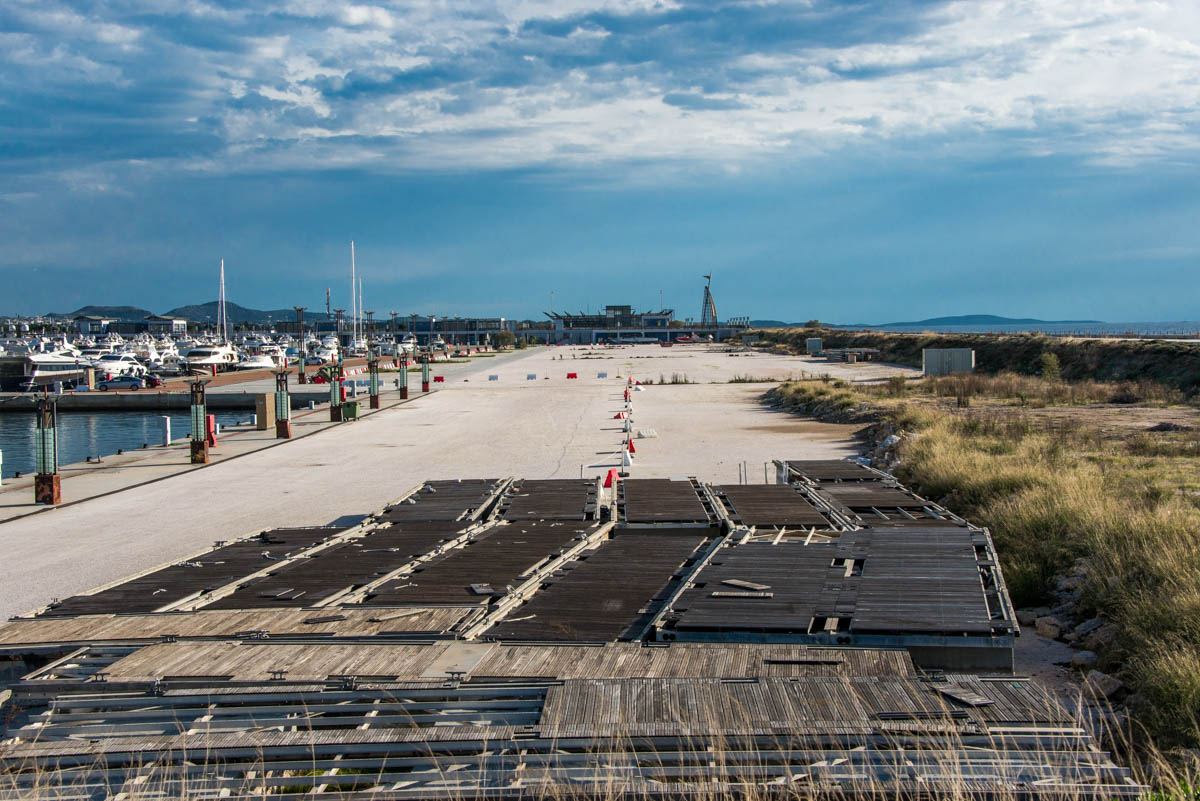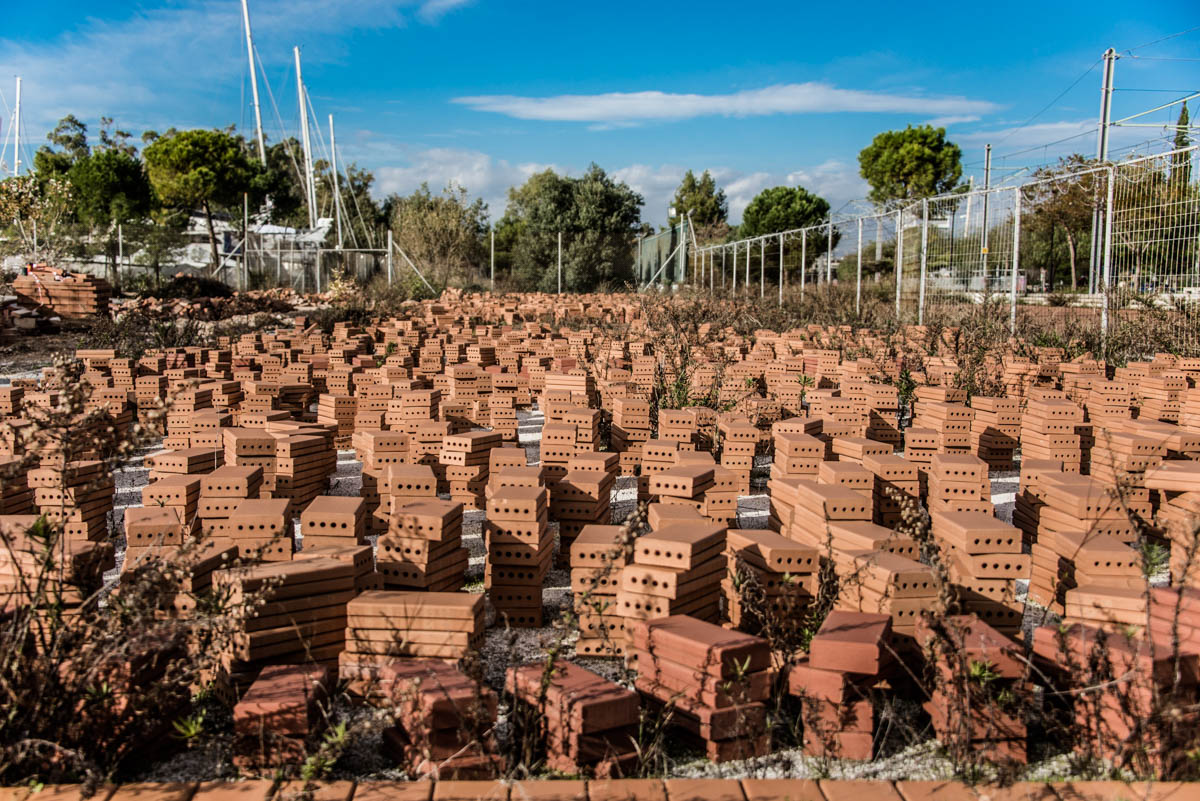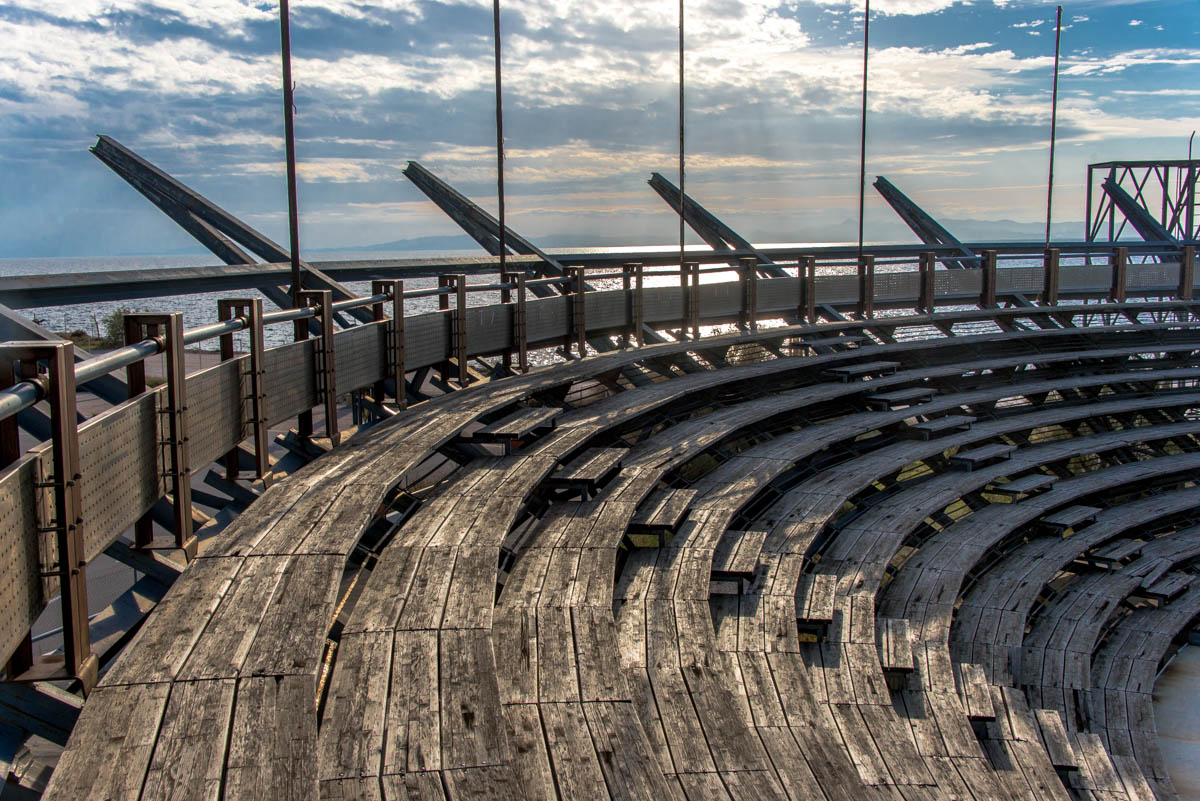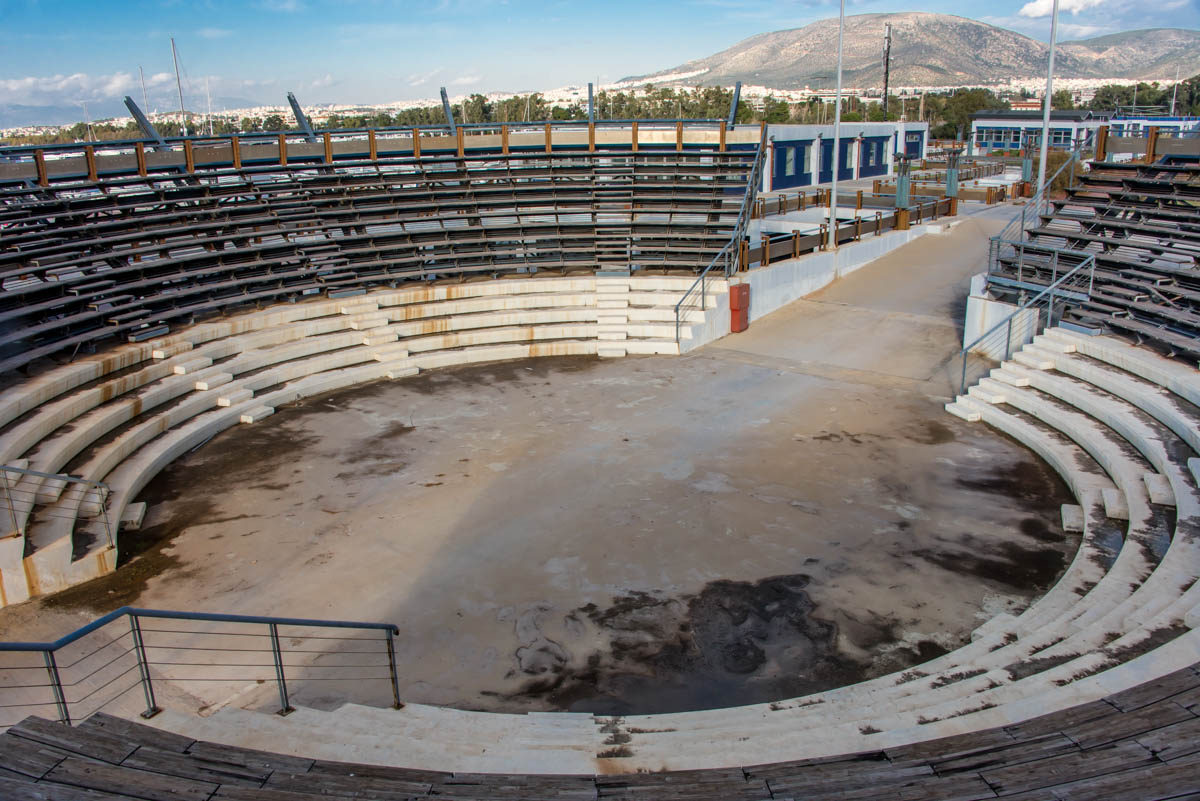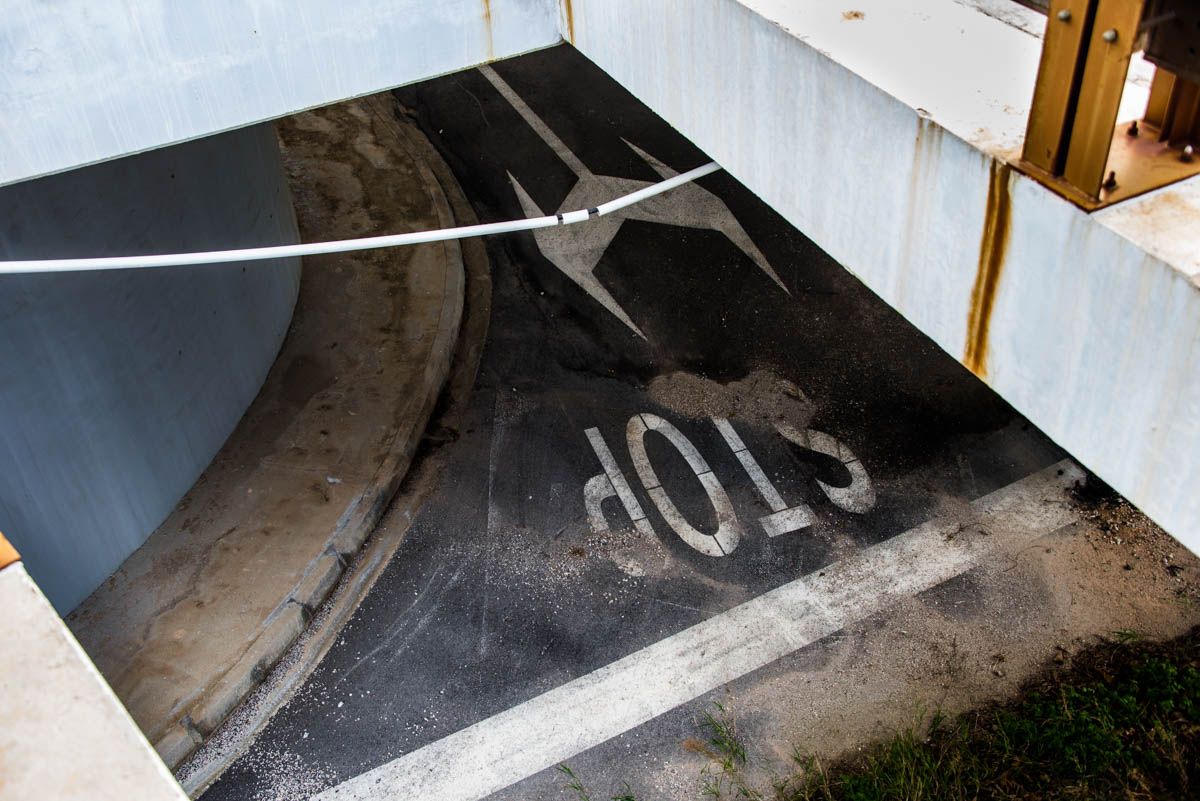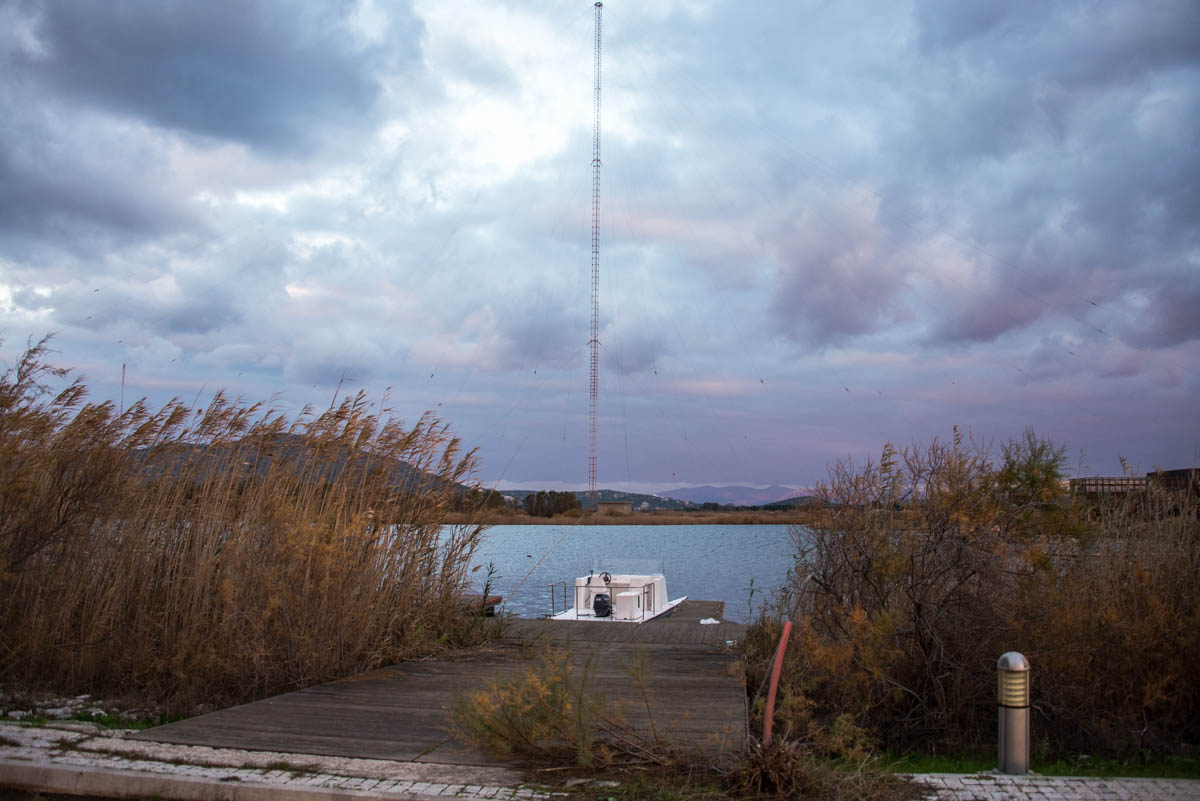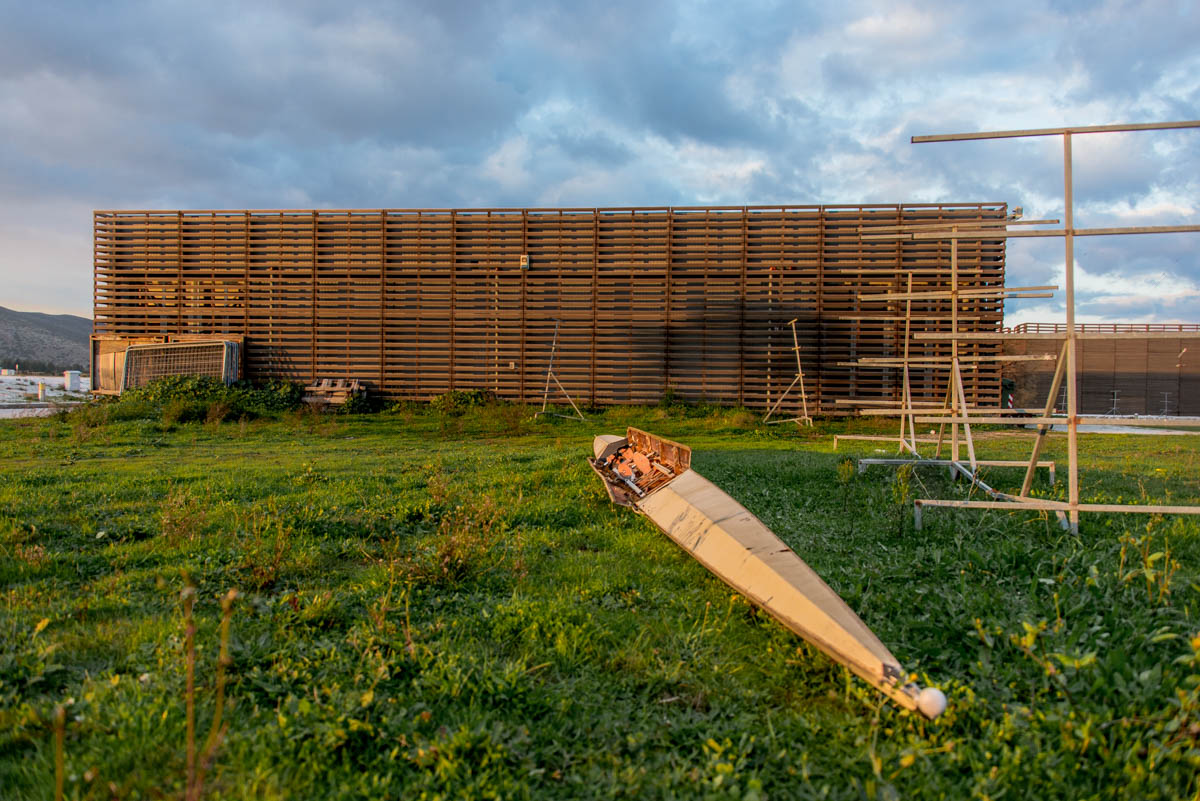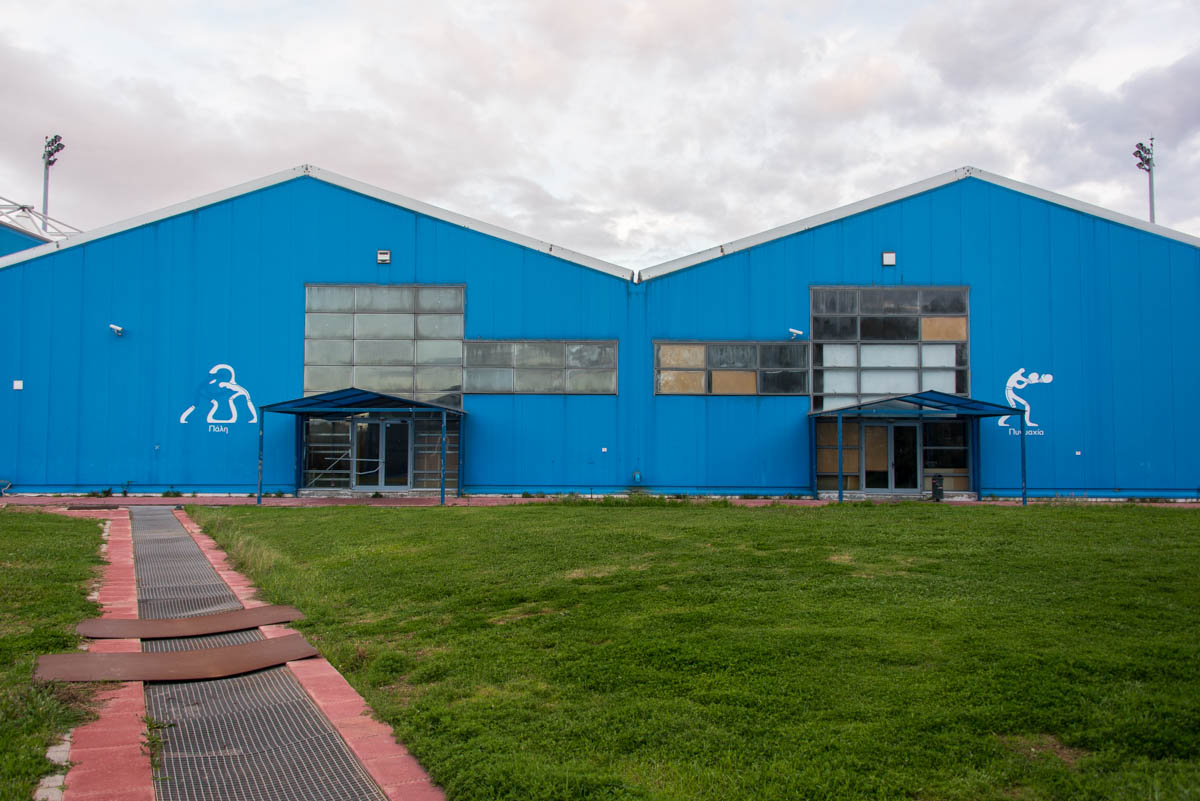Unforgotten Days
On September 5, 1997, the International Olympic Committee (IOC) selected Athens as the host city for the 2004 Olympic Games. Organising the Games posed a unique challenge to Greece, which had never undertaken such a complex endeavour in the past.
The successful organisation of a major event such as the Olympics does not necessarily translate into a positive impact on the economy of the host country.
A series of factors associated with the cost of preparing and hosting the event, coupled with issues regarding the use of the Olympic venues in the post-Games period, complicate the situation.
In Greece, the abandonment of many of the facilities after the completion of the Games, is estimated to have reduced the country’s GDP by 0.2 percent compared to the respective percentage if the facilities had been leveraged, according to a 2015 study by the Foundation for Economic and Industrial Research.
Despite the importance of hosting the Games and the benefits associated with infrastructure development, the unrealised aspiration of utilising the Olympic assets has limited the scope of the Games’ legacy and diminished their positive impact.
Completing this photo project required to overcome a series of obstacles arising from the fact that the Olympic venues are managed under a complex and bureaucratic structure.
Unforgotten Days is the photographic documentation of these sites and the creation of a photographic archive, part of the modern history of my country.





